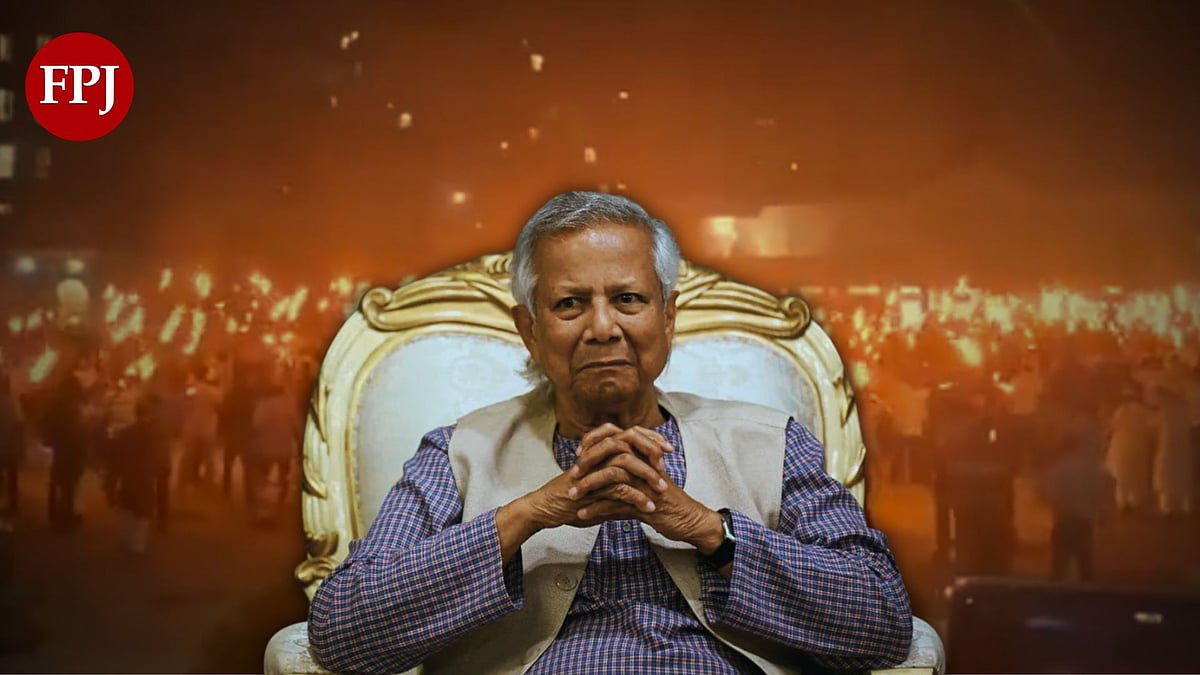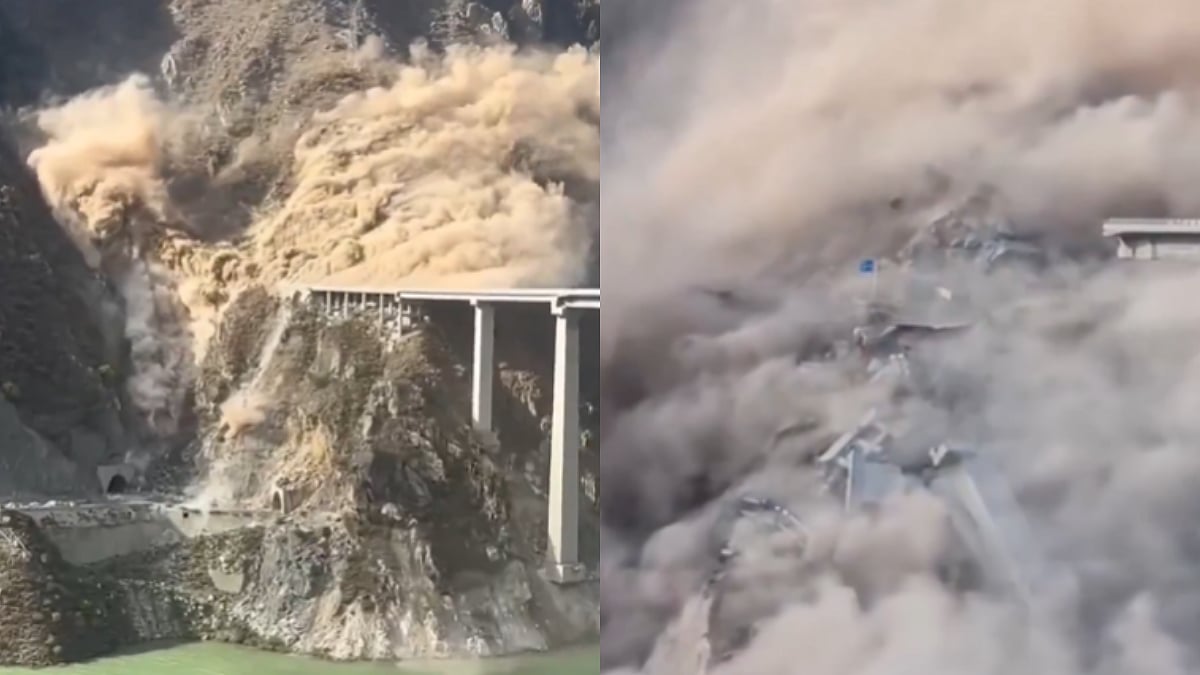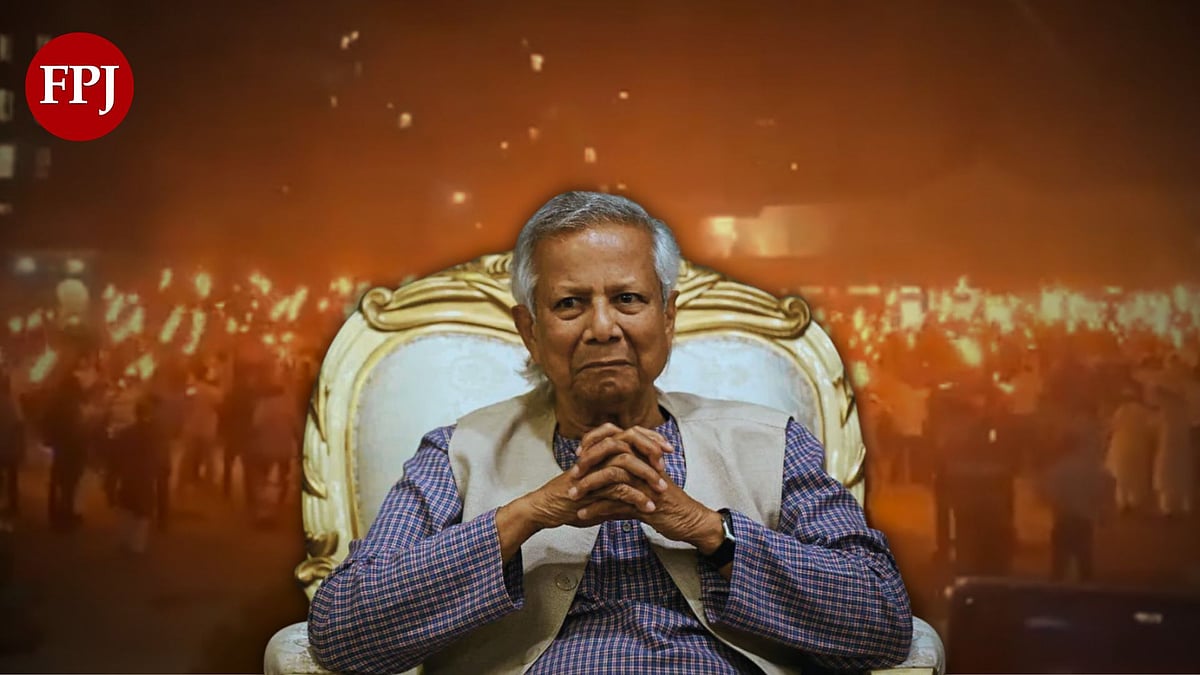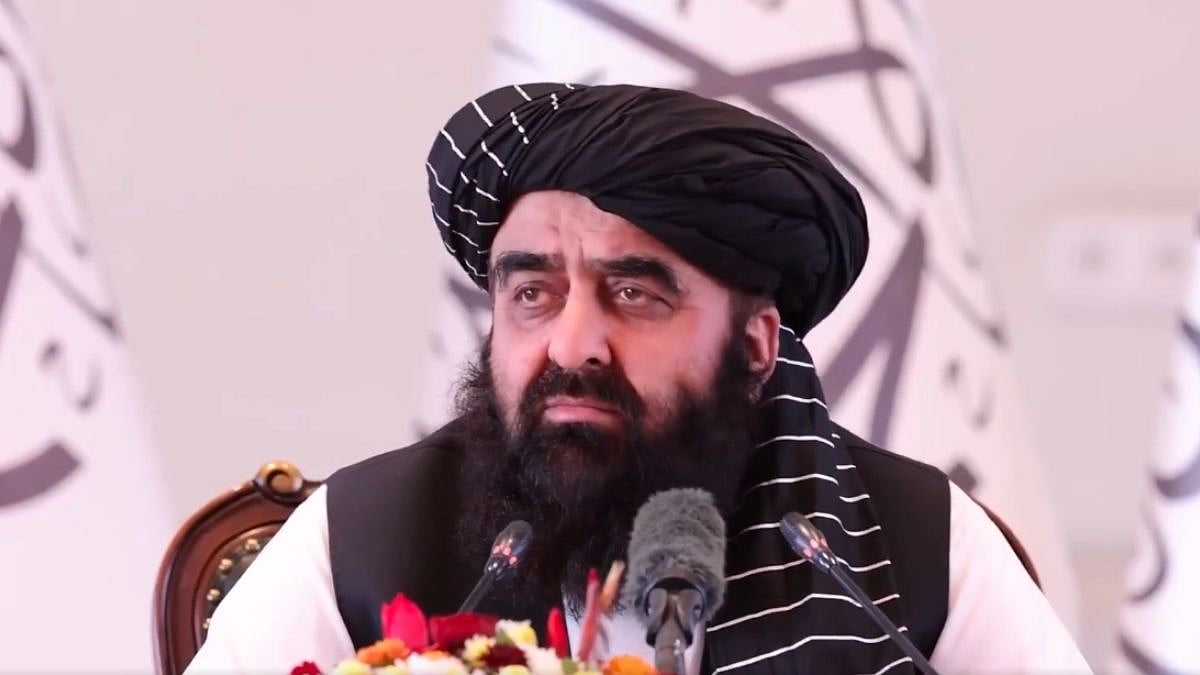Dhaka: More than a year after Sheikh Hasina's ouster, Bangladesh is once again seeing unrest on its streets.
The demonstrations, driven by public anger over continuing reports of extrajudicial killings, alleged impunity for security forces and delayed reforms, have raised questions about the direction of the interim government led by Nobel Laureate Muhammad Yunus.
What is the reason behind the unrest?
When Hasina was removed from power in August 2024 after a student-led uprising, many Bangladeshis hoped the end of her 15-year rule would bring an end to enforced disappearances and unlawful killings that had become synonymous with her administration. Yunus's interim government, comprising academics and former civil servants, took office with promises of accountability, justice and reform.
However, human rights organisations now suggest that those expectations have faded. A report by Odhikar, a Bangladeshi human rights group, found that at least 40 people were killed in alleged extrajudicial incidents between August 2024 to September 2025. Victims reportedly included political activists, detainees held without warrants and civilians caught in security operations.
Rights Abuses Persist
Although the scale of killings is smaller than under Hasina, rights defenders say the methods are disturbingly familiar. Odhikar recorded deaths from shootings, custodial torture and beatings, describing the trend as a continuation of the same system of impunity that operated under the previous government.
Nur Khan Liton, a member of the Commission of Inquiry on Enforced Disappearances, told Al Jazeera that the number of such killings was “gradually increasing”, contrary to public expectations. The commission was established by the Yunus administration in August 2024 to investigate abuses committed under Hasina’s rule.
Lack of Accountability
Despite repeated assurances, the country’s security forces, including the police, the Rapid Action Battalion (RAB) and military intelligence units, continue to operate without meaningful oversight. Several deaths in custody or during operations have been reported, often followed by internal reviews rather than independent investigations.
Odhikar reported that Bangladesh, while a signatory to the United Nations Convention Against Torture, lacks effective mechanisms to hold law enforcement accountable. Rights activist Taskin Fahmina described the persistence of such incidents as “worrying but not surprising, considering the institutional legacy”.
Calls for Democratic Oversight
The Yunus administration, appointed in the aftermath of Hasina’s removal, was meant to stabilise the country and oversee elections. However, delays in reform and continued military deployment in civilian areas have fuelled protests demanding a clear transition to elected rule.
Senior Bangladesh Nationalist Party (BNP) leader Amir Khasru Mahmud Chowdhury told Al Jazeera that accountability would only return with an elected government. “Without political authority and legitimacy, the administration, including law enforcement agencies, often does not take directives seriously,” he said.









.jpg)